As consultants, we know that our clients rely on us to deliver high-quality project outcomes and working within the increasingly broad transport consultancy sector, we also recognise the importance of relationships, professionalism and, importantly, credibility.
A substantial part of that credibility comes from having a team of well-trained, rounded and professionally qualified colleagues. It is for this reason that we, at SYSTRA, have increased and refocused our efforts to support professional development and Chartership, complementing our existing Graduate Development and Developing Professionals initiatives with a specific emphasis on Chartership Support.
Offering more to clients across the transport planning sector
SYSTRA’s continued growth and refocusing reflects an important stage of evolution within the transport planning sector as a whole; where once a large part of the Consultancy division’s focus was on matters related to forecasting, traffic impact and highway design, we now operate within a context which is largely underpinned by climate-focused policies and where increasing spatial constraints require a more-carefully considered approach to the way in which we travel. Active travel, bus corridors, placemaking and decarbonisation all now form a core part of our purpose and as the company has adapted to meet this evolving context, the breadth of the technical expertise held by our colleagues and importantly, the breadth of our client offer, has expanded significantly.

My route to Chartership within transport planning
Much earlier in my career I watched as colleagues and peers became Chartered Transportation Engineers. In the mid-2000s it was taken for granted that career-minded individuals would want to become Chartered and while I wanted to achieve a similar recognition, the nature of my degree – an unaccredited BSc Honours in Transportation Studies – prevented me from doing so.
In 2009 the Transport Planning Society (TPS) and Chartered Institution of Highways and Transportation (CIHT) jointly conceived the Transport Planning Professional qualification, designed to ‘provide professional recognition for transport planners in the same way that Chartered Engineer recognises the highest level of engineering competence’. TPP requires that candidates demonstrate a high degree of competence across ten ‘Technical’ units and three ‘Professional Skill’ units.
Within months I had started my TPP journey which, as a candidate who did not hold an accredited UK Masters degree, required that I firstly submitted a Portfolio of Technical Knowledge. I followed this up with my Portfolio of Evidence and, in 2009, attended what became my first of two Professional Reviews. In what turned out to be a hugely important lesson, I was unsuccessful at my first professional review with my reviewers judging my evidence to be very strong but ‘lacking in sufficient breadth across the modes’.
While I didn’t realise it at the time, the valuable and objective advice provided to me by mentors and peers embedded within me an appetite to help others plan for and achieve their own successful chartership outcomes. With a further six months of project experience in a particular field, I was able to attend a second Professional Review, this time with a successful outcome and I became the 85th person to acquire TPP accreditation. In the years that followed, I received mentor training and served as a member of the TPP ‘Ten Year Review’ panel, assembled by the TPS.
In 2018, existing TPP holders became eligible to use the title Chartered Transport Planning Professional (CTPP); a title which successful new applicants are now entitled to use.
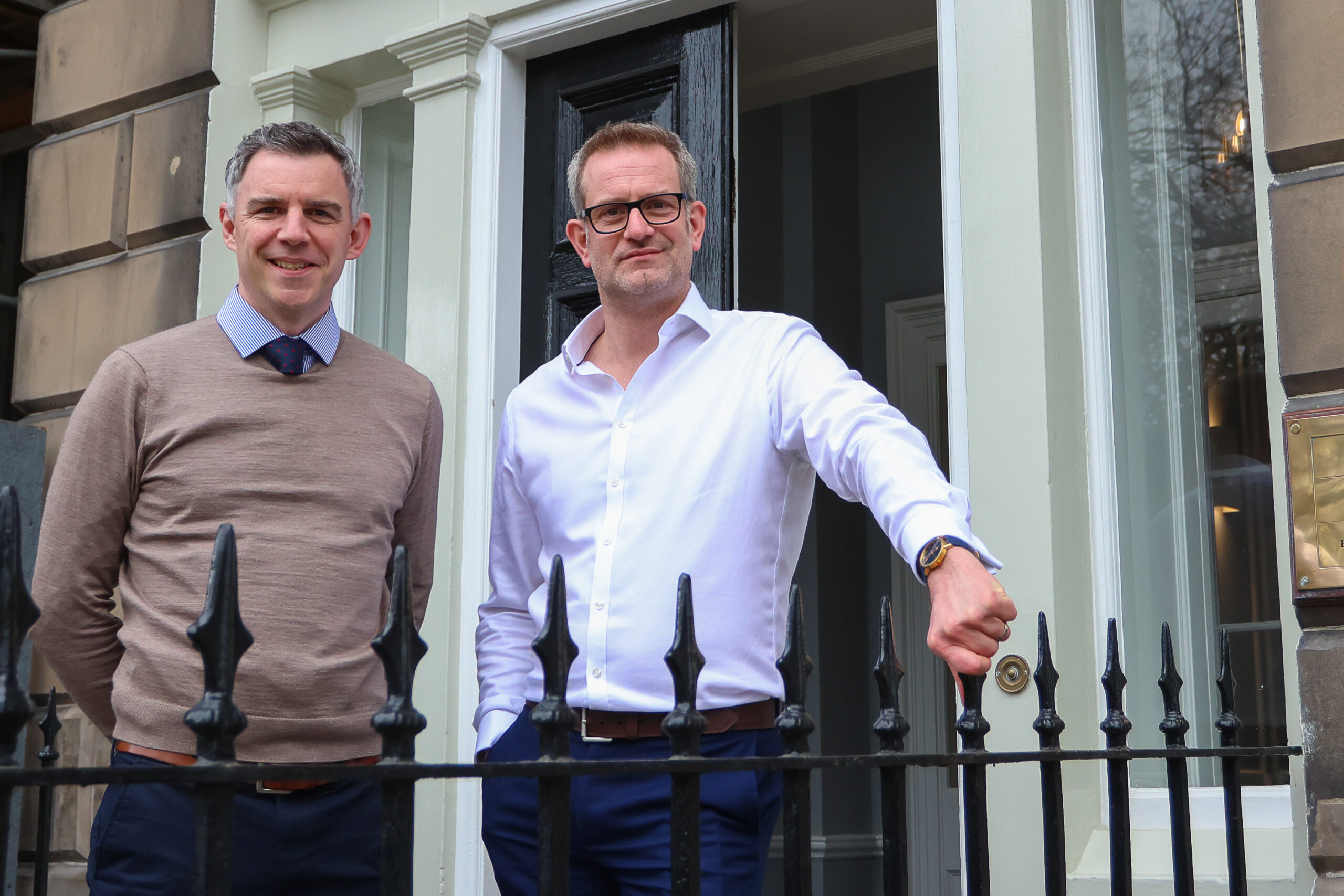
Driving SYSTRA’s chartership agenda to support career progression
SYSTRA’s Consultancy Strategy identifies chartership as a key focus area and in January 2024 I took on the role of Chartership Coordinator for the Consultancy division. At the outset of my involvement, I identified three key targets:
- To identify and empower a network of Champions and Mentors.
- To identify emerging chartership candidates and offer tailored support
- To develop resources and messaging in relation to the chartership drive
Touching again on the breadth of technical expertise within SYSTRA, I recently reviewed a dataset which revealed the company supports staff memberships of more than 60 professional bodies in approximately 20 professional or technical areas. While there is an obvious gravity around the CEng and CTPP qualifications, our strategy recognises that many colleagues have skills and experience which are recognised by a far wider range of professional bodies. Our broad church of professionals includes colleagues with professional recognition in marketing, management, geography, HR, environmental science, mathematics, surveying, health and safety… the list goes on.
I have always believed that individuals should have the appetite and motivation to pursue chartership but I recognise the many reasons why in some cases, colleagues find it hard to do so. Among the recognised barriers are motivation, time availability and realistic considerations of experience and breadth. A key strand of SYSTRA’s renewed chartership strategy is the offer of two days of paid study leave; while it obviously takes substantially more than two days to prepare for and submit a chartership application, this offer has been well-received by colleagues and has proved to be effective in unlocking motivation. Perhaps more fundamentally, our strategy recognises that even within a specific technical field, colleagues will be unable to achieve chartership unless they have been provided with opportunities to acquire sufficient experience and breadth.
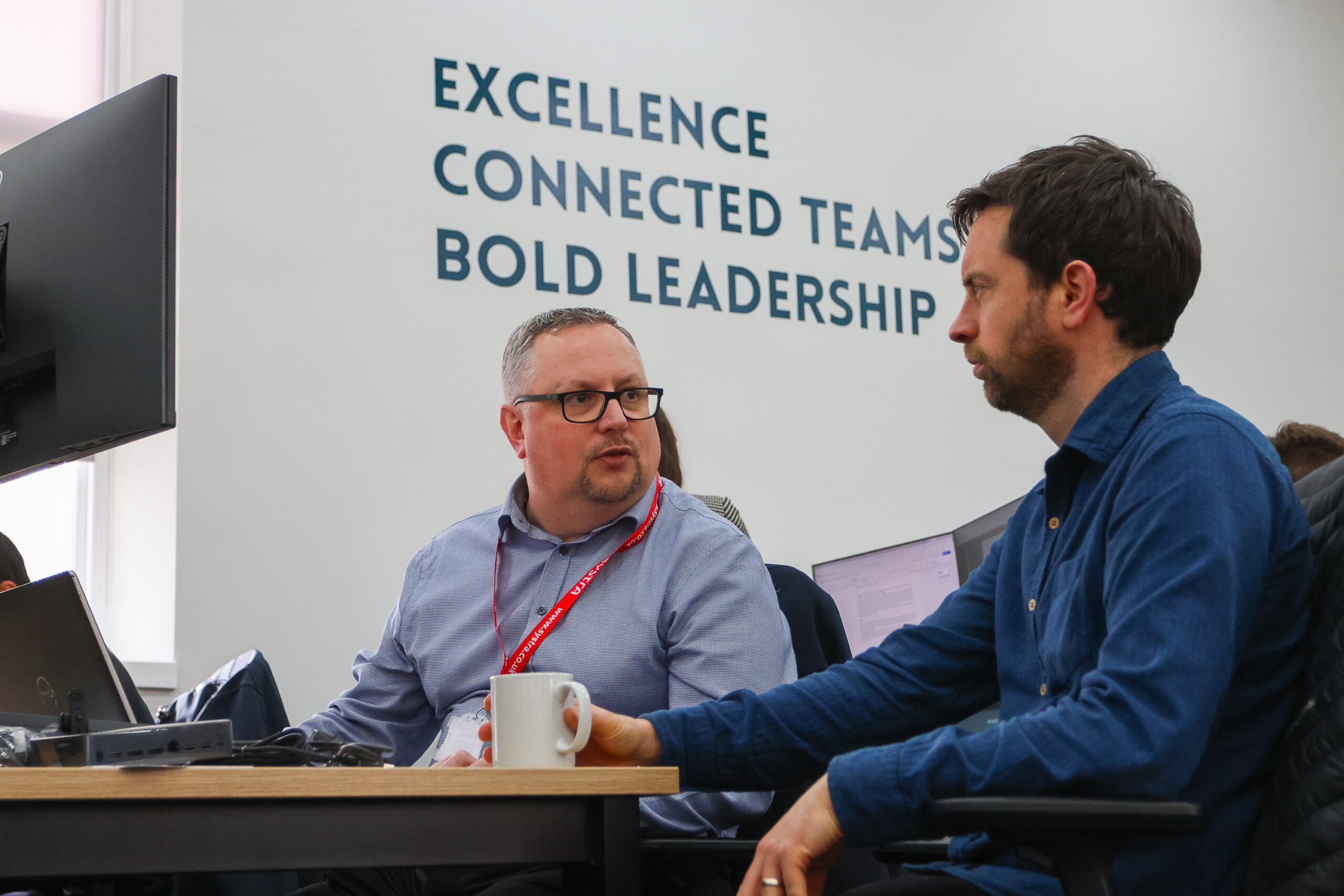
Providing a clear pathway to achieving chartership
Taking a back-to-basics approach to the Chartership Coordinator role, I have emphasised to colleagues the importance of simple steps; becoming a member of a relevant professional body, becoming familiar with that body’s routes to chartership, undertaking an objective gap analysis and then working effectively with the twice-yearly staff Professional Development Review process to acquire additional breadth and experience where it is required.
In the role of Coordinator, I have worked with colleagues from across the company and together we have grown a network which has become effective in supporting colleagues with their individual routes to chartership. I have presented to colleagues whose technical backgrounds differ to my own, colleagues whose career in transport planning has just begun and those who, despite being well established as professionals still require support – or gentle encouragement – with their routes to chartership.
By its nature, the cause is broad and diverse and consequently I have formed relationships which otherwise I might have not had. In this role I have worked directly with SYSTRA’s HR team and presented periodic updates to the Senior Leadership Team; a group which is entirely supportive of the agenda while accepting of its practical challenges.
The relationship between chartership objectives and the work we deliver
Through this experience I have learned more about myself, the company and my colleagues and along the way I have continued to reflect on the strong relationship between our chartership objective and the work that we deliver day to day for our project partners and clients. I have been pleased to draw upon the lessons, wisdom and honest feedback which was shared with me much earlier in my career and I have enjoyed delivering a message which has peer support, teamwork and collaboration at its heart. This is an approach which mirrors SYSTRA’s increasing focus on cross-sector collaboration and one which serves to develop our people while enhancing the quality of the services we deliver to our clients.
Perhaps most importantly from a personal perspective, I have realised that we can continue to set ourselves personal goals and I intend to use my experience as SYSTRA’s Chartership Coordinator as the basis for an application to become an accredited Chartered Manager. To revisit one of my central messages in this role, chartership is not easy and it requires a lot of personal investment – but it is hugely rewarding and it’s great to be part of an organisation which is so supportive of professional development.
Discover some of the accreditations and awards won by our colleagues.
You May Also LIKE
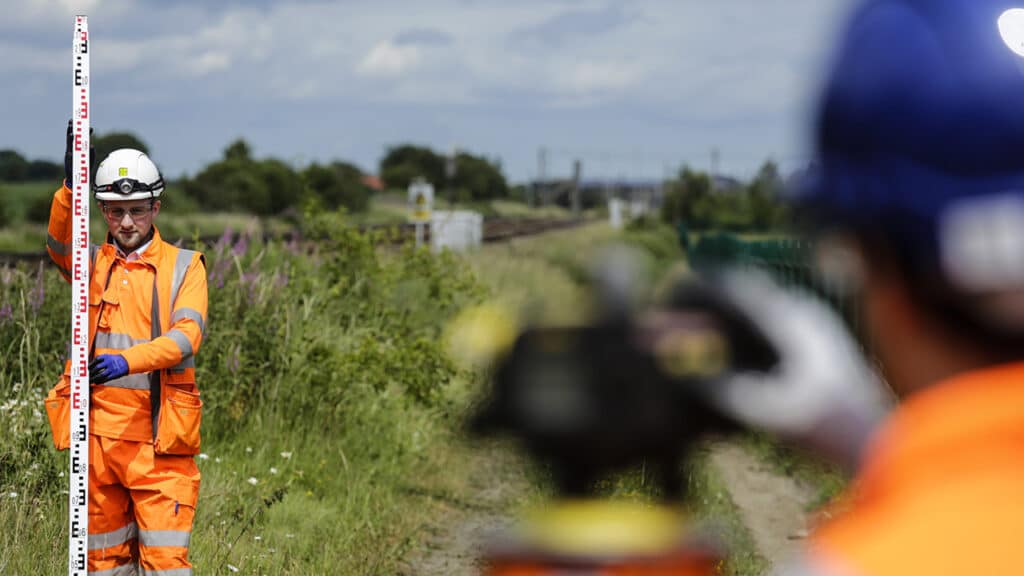
Early Careers
Read more sur Early Careers
Our Colleagues
Read more sur Our Colleagues
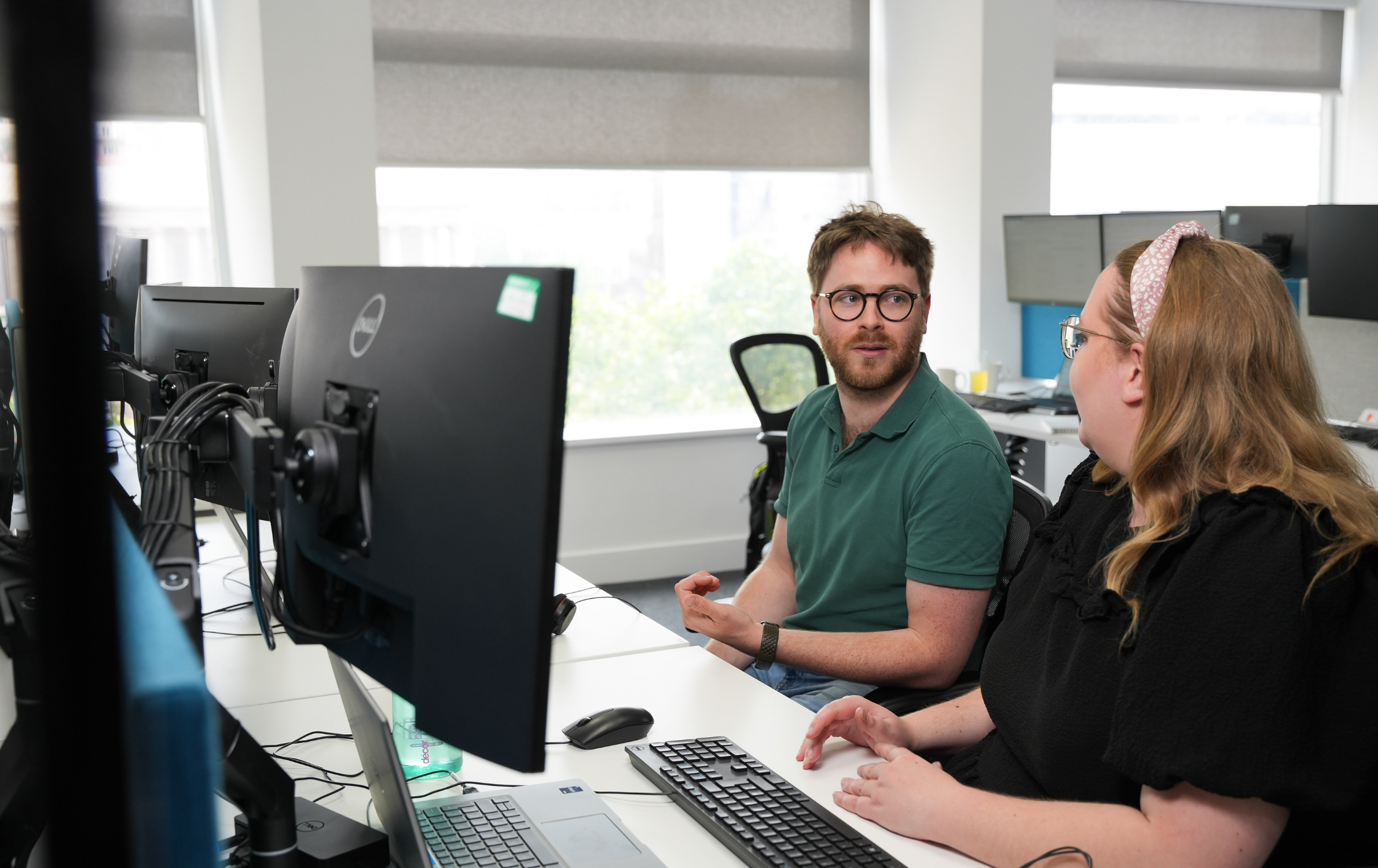
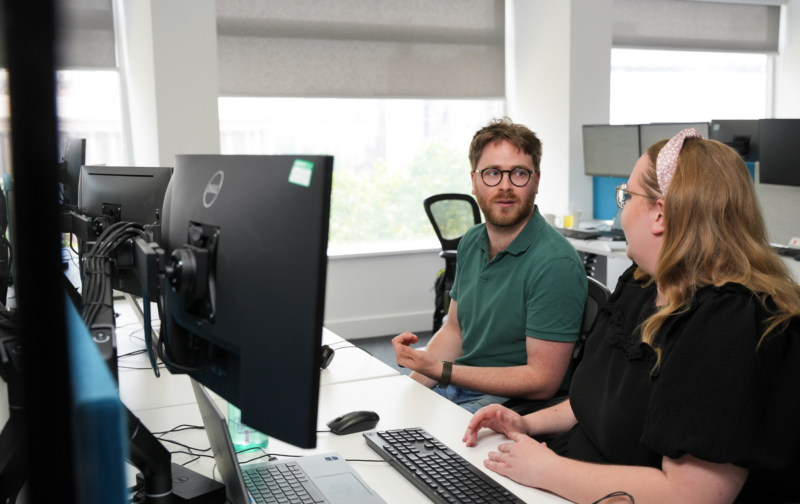
 Australia
Australia  Brazil
Brazil  Canada
Canada  Chile
Chile  China
China  Columbia
Columbia  Denmark
Denmark  Egypt
Egypt  France
France  India
India  Indonesia
Indonesia  Ireland
Ireland  Italy
Italy  Malaysia
Malaysia  New Zealand
New Zealand  Norway
Norway  Panama
Panama  Peru
Peru  Poland
Poland  Portugal
Portugal  Saudi Arabia
Saudi Arabia  Singapore
Singapore  South Korea
South Korea  Spain
Spain  Sweden
Sweden  Taiwan
Taiwan  Thailand
Thailand  Türkiye
Türkiye  United States
United States  Vietnam
Vietnam